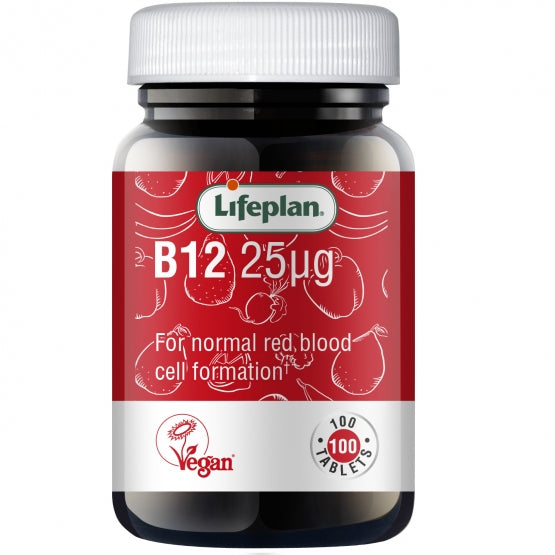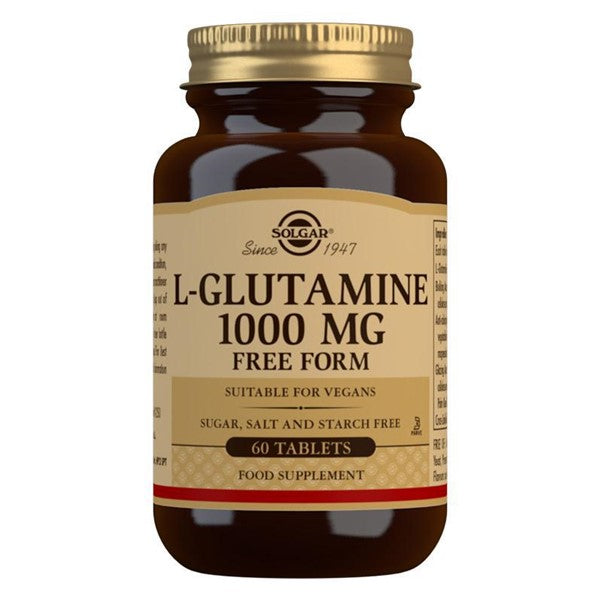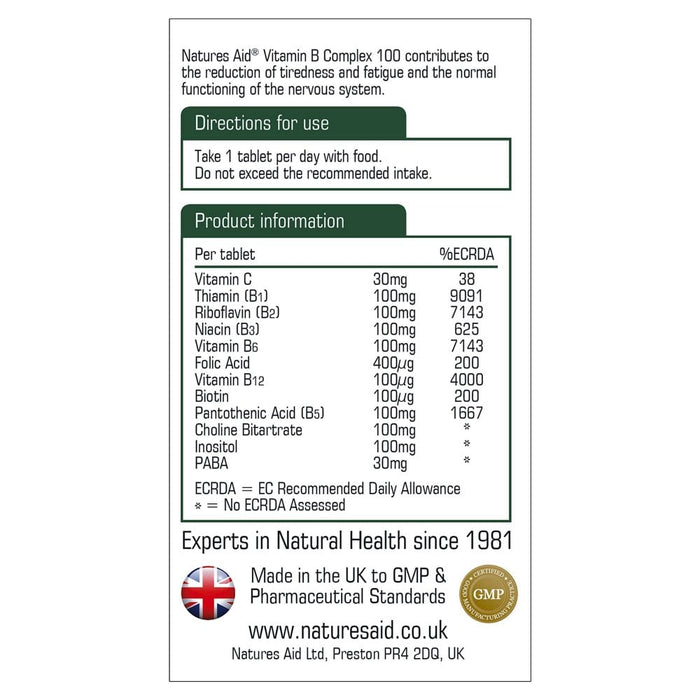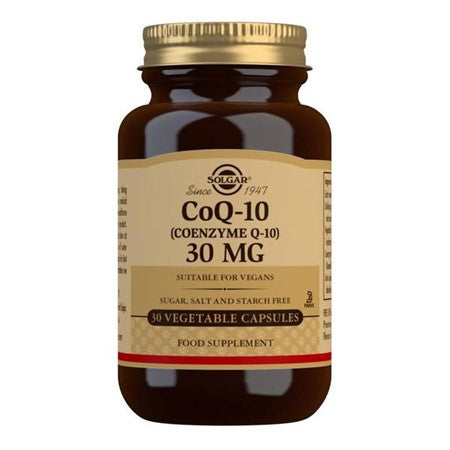01323 928523

Essential Supplements for Vegan and Vegetarian Diets: A Guide
Vegan and vegetarian diets can be healthy and nutritious, but they might miss out on some important nutrients. Let's look at the key supplements that can help fill these gaps and keep you feeling your best.
Key Takeaways
- Vitamin B12 is critical for vegans and vegetarians, as it's not found in plant-based foods
- Vitamin D, iron, and omega-3 fatty acids are important supplements to consider
- Zinc, calcium, and iodine may also be necessary depending on individual diets
- Protein supplements can be beneficial, especially for active individuals
- Always consult with a healthcare professional before starting any new supplement regimen
Essential Supplements for Vegan and Vegetarian Diets
- Vitamin B12
- Essential for red blood cell formation and nerve function
- Not found in plant-based foods
- Recommended daily intake: 2.4 micrograms for adults
- Available as pills, sprays, or injections
- Regular blood level checks recommended
- Vitamin D
- Known as the 'sunshine vitamin'
- Important for vegans and vegetarians
Vitamin B12: The Must-Have Nutrient
Vitamin B12 is super important for vegans and vegetarians. It helps make red blood cells and keeps your nerves working right. Plants don't make B12, so if you don't eat animal products, you need to get it from supplements or fortified foods.
Most adults need about 2.4 micrograms of B12 each day. You can take it as a pill, a spray, or even get a shot from your doctor. It's a good idea to get your B12 levels checked regularly to make sure you're getting enough. Deficiency can lead to anemia, fatigue, and neurological problems, so it's crucial not to overlook this vitamin.

Vitamin D: The Sunshine Vitamin
Vitamin D helps your body absorb calcium and keeps your bones strong. It also boosts your immune system. Your body can make vitamin D when your skin is exposed to sunlight, but many people don't get enough sun, especially in the winter.
Plant-based sources of vitamin D are limited, so supplements are often necessary. The recommended daily amount is 600-800 IU for most adults. You can find vegan vitamin D3 made from lichen or vitamin D2 from mushrooms. Adequate vitamin D levels are crucial for bone health, immune function, and may even play a role in mood regulation.
Check out our Vitamin D collection for vegans to ensure you're getting enough of this crucial nutrient.
Iron: Keeping Your Blood Healthy
Iron helps your blood carry oxygen around your body. Vegans and vegetarians might not get enough iron because the type found in plants (non-heme iron) isn't absorbed as well as the iron in meat. Eating iron-rich plants like spinach, lentils, and tofu can help, but some people still need supplements.
Women usually need more iron than men, especially if they're pregnant. If you're thinking about taking iron supplements, it's best to talk to your doctor first and get your levels checked. To enhance iron absorption, try consuming iron-rich foods with vitamin C sources like citrus fruits or bell peppers.
Omega-3 Fatty Acids: Brain and Heart Helpers
Omega-3s are really good for your heart and brain. The types called EPA and DHA are usually found in fish, which can be tricky for vegans and vegetarians. While you can get some omega-3s from flax seeds and walnuts, your body doesn't convert them to EPA and DHA very well.
That's where algae-based supplements come in. They provide EPA and DHA directly, just like fish oil, but without the fish! Most adults should aim for about 250-500 mg of combined EPA and DHA per day. These fatty acids are important for reducing inflammation, supporting cognitive function, and maintaining heart health.

Zinc: Boosting Your Immune System
Zinc helps your immune system fight off germs and helps your body heal wounds. You can find zinc in plant foods like beans, nuts, and whole grains, but it's not always easy for your body to use this zinc.
Vegan and vegetarian diets might not provide enough zinc, so a supplement could be helpful. Most adults need about 8-11 mg of zinc per day. Be careful not to take too much, as it can interfere with other nutrients. Zinc is also important for protein synthesis, DNA formation, and cell division, making it crucial for overall health and growth.
Calcium: Building Strong Bones
Calcium is famous for keeping bones strong, but it also helps your muscles and nerves work properly. While dairy is a common source of calcium, there are plenty of plant-based options like leafy greens, fortified plant milks, and tofu made with calcium sulfate.
If you're not getting enough calcium from your diet, a supplement might be a good idea. Most adults need about 1000 mg of calcium per day. Remember, vitamin D helps your body absorb calcium, so make sure you're getting enough of both. Adequate calcium intake is especially important for growing children, pregnant women, and older adults to maintain bone density.
Iodine: Keeping Your Thyroid Happy
Iodine is important for your thyroid gland, which controls your metabolism. It's found naturally in seafood and dairy, so vegans and some vegetarians might not get enough. Seaweed is a great plant-based source of iodine, but the amount can vary a lot.
Most adults need about 150 micrograms of iodine per day. If you don't eat seaweed regularly or use iodized salt, you might want to consider a supplement. But be careful not to overdo it, as too much iodine can also cause problems. Iodine is crucial for proper thyroid function, which in turn affects energy levels, weight management, and overall metabolism.
Protein: Building Blocks for Your Body
Protein is essential for building and repairing tissues in your body. While it's totally possible to get enough protein on a vegan or vegetarian diet, some people find it helpful to use protein supplements, especially if they're very active.
Good plant-based protein sources include beans, lentils, nuts, seeds, and whole grains. If you're looking for a protein boost, there are lots of vegan protein powders made from peas, rice, hemp, or soy. These can be particularly useful for athletes, bodybuilders, or those recovering from injuries who need extra protein to support muscle growth and repair.

Other Supplements to Think About
Depending on your diet and health needs, you might want to consider these supplements too:
Vitamin B Complex
B vitamins help your body turn food into energy. While most are found in plant foods, a B complex can be a good insurance policy. This group of vitamins plays crucial roles in cell metabolism, red blood cell formation, and nervous system function.

Coenzyme Q10
CoQ10 is important for heart health and energy production. Your body makes it, but production decreases with age. It acts as an antioxidant and supports cellular energy production, particularly in heart muscle cells.

Glucosamine for Joint Health
If you're concerned about joint health, vegan glucosamine supplements are available. Glucosamine is often used to support joint health and may help alleviate symptoms of osteoarthritis.

Wrapping It Up
A well-planned vegan or vegetarian diet can be super healthy, but it's important to pay attention to certain nutrients. The supplements we've talked about can help fill in any gaps and keep you feeling your best. Remember, everyone's needs are different, so it's a good idea to talk to a doctor or a registered dietitian about what's right for you.
| Nutrient | Importance | Vegan Sources | Supplement Available | Status |
|---|---|---|---|---|
| Vitamin B12 | High | Fortified foods | Yes | Critical |
| Vitamin D | High | Sunlight, fortified foods | Yes | Important |
| Iron | High | Leafy greens, legumes | Yes | Monitor |
| Omega-3 | Medium | Flaxseeds, chia seeds | Yes | Consider |
| Calcium | Medium | Fortified plant milks, leafy greens | Yes | Monitor |
| Zinc | Medium | Nuts, seeds, legumes | Yes | Consider |
| Iodine | Medium | Seaweed, iodized salt | Yes | Monitor |
| Glucosamine | Low | None | Yes | Optional |
| Co-Q10 | Low | Minimal in plant foods | Yes | Optional |
Whether you're new to plant-based eating or you've been at it for years, taking care of your nutrition is key. By being mindful of these important nutrients and using supplements when needed, you can thrive on a vegan or vegetarian diet. Regular check-ups with your healthcare provider can help ensure you're meeting all your nutritional needs and adjusting your supplement regimen as necessary.
